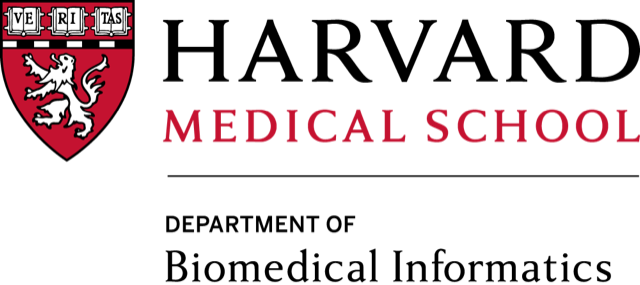Poster presentations at ISMB/ECCB 2021 will be presented virtually. Authors will pre-record their poster talk (5-7
minutes) and will upload it to the virtual conference platform site along with a PDF of their poster beginning July 19
and no later than July 23. All registered conference participants will have access to the poster and presentation
through the conference and content until October 31, 2021. There are Q&A opportunities through a chat
function and poster presenters can schedule small group discussions with up to 15 delegates during the conference.
Information on preparing your poster and poster talk are available at:
https://www.iscb.org/ismbeccb2021-general/presenterinfo#posters
Ideally authors should be available for interactive chat during the times noted below:
View Posters By Category
Session A: Sunday, July 25 between 15:20 - 16:20 UTC
|
Session B: Monday, July 26 between 15:20 - 16:20 UTC
|
|
|
|
Session C: Tuesday, July 27 between 15:20 - 16:20 UTC
|
Session D: Wednesday, July 28 between 15:20 - 16:20 UTC
|
|
|
|
Session E: Thursday, July 29 between 15:20 - 16:20 UTC
|
|
|
False Discovery Rate estimation in Multiple Hypotheses Testing on Heterogeneous Discrete Distributions in Omics Analysis
- R. Krishna Murthy Karuturi, The Jackson Laboratory, United States
Short Abstract: False discovery rate (FDR) estimation plays a critical role in the selection of significant biological features, and assessing the biological effects of genetic and environmental factors in omics data analyses. The FDR estimation procedures assume the distribution of p-values to be continuous uniform under null hypothesis. However, many omics data analyses, due to the discrete nature of the data, result in heterogeneous discrete distributions of p-values under null hypotheses. Cheng et al proposed a statistical framework to address this issue by stratifying the hypotheses based on similarity of null distributions. We present a simplified version of Cheng et al’s procedure. We also note that many omics analysis methods share information among tests and others don’t employ such sharing of information. Hence, we propose pre- and post- stratification procedures to account for such a variation in testing frameworks. We test these ideas in a variety of data analyses and statistical tests other than the tests examined by Cheng et al. Our experiments demonstrate that the stratified FDR estimation procedures can identify more differentially expressed genes of biological significance and enrichment of more GO terms, demonstrating the significance-of stratified FDR estimation in omics data analyses and GO analysis.





